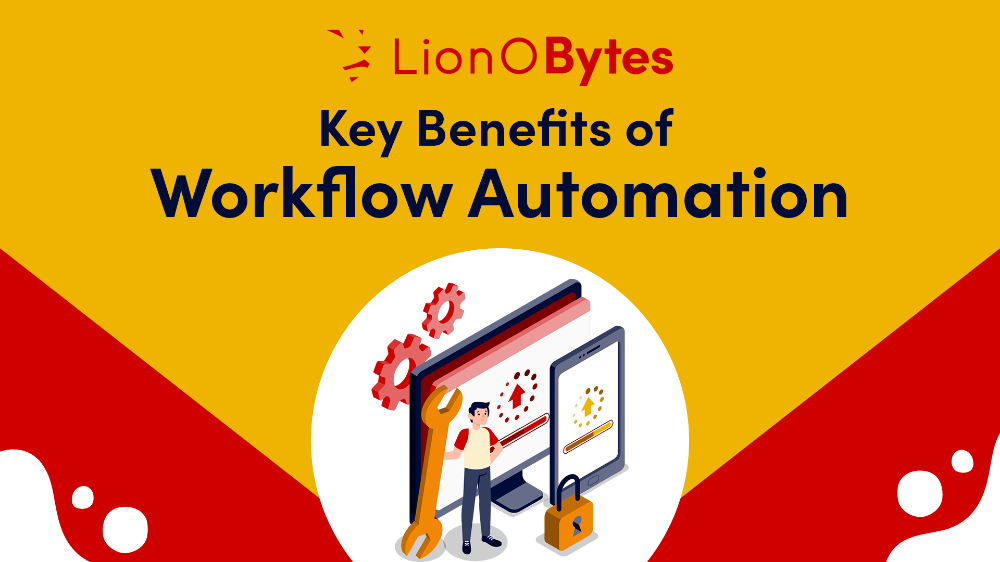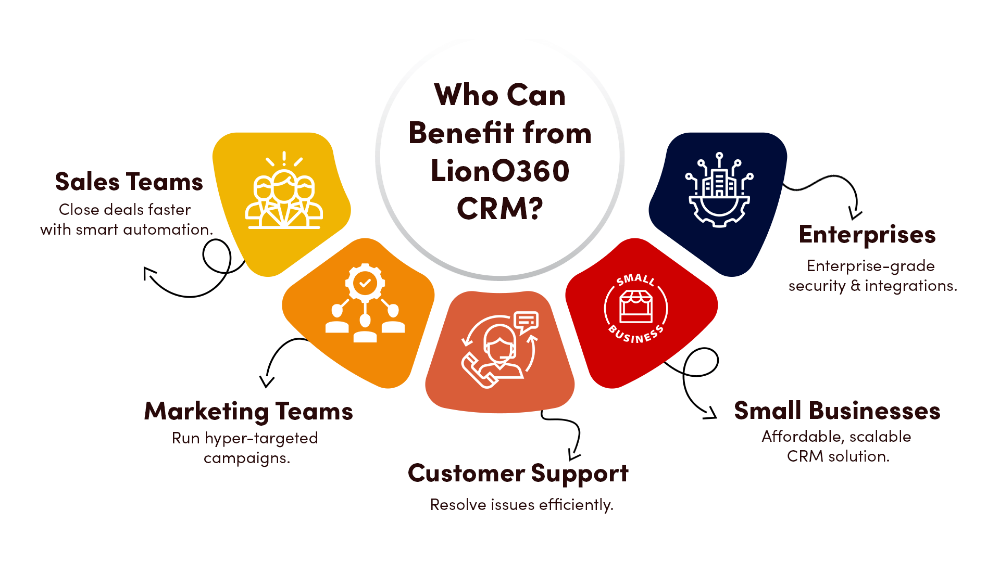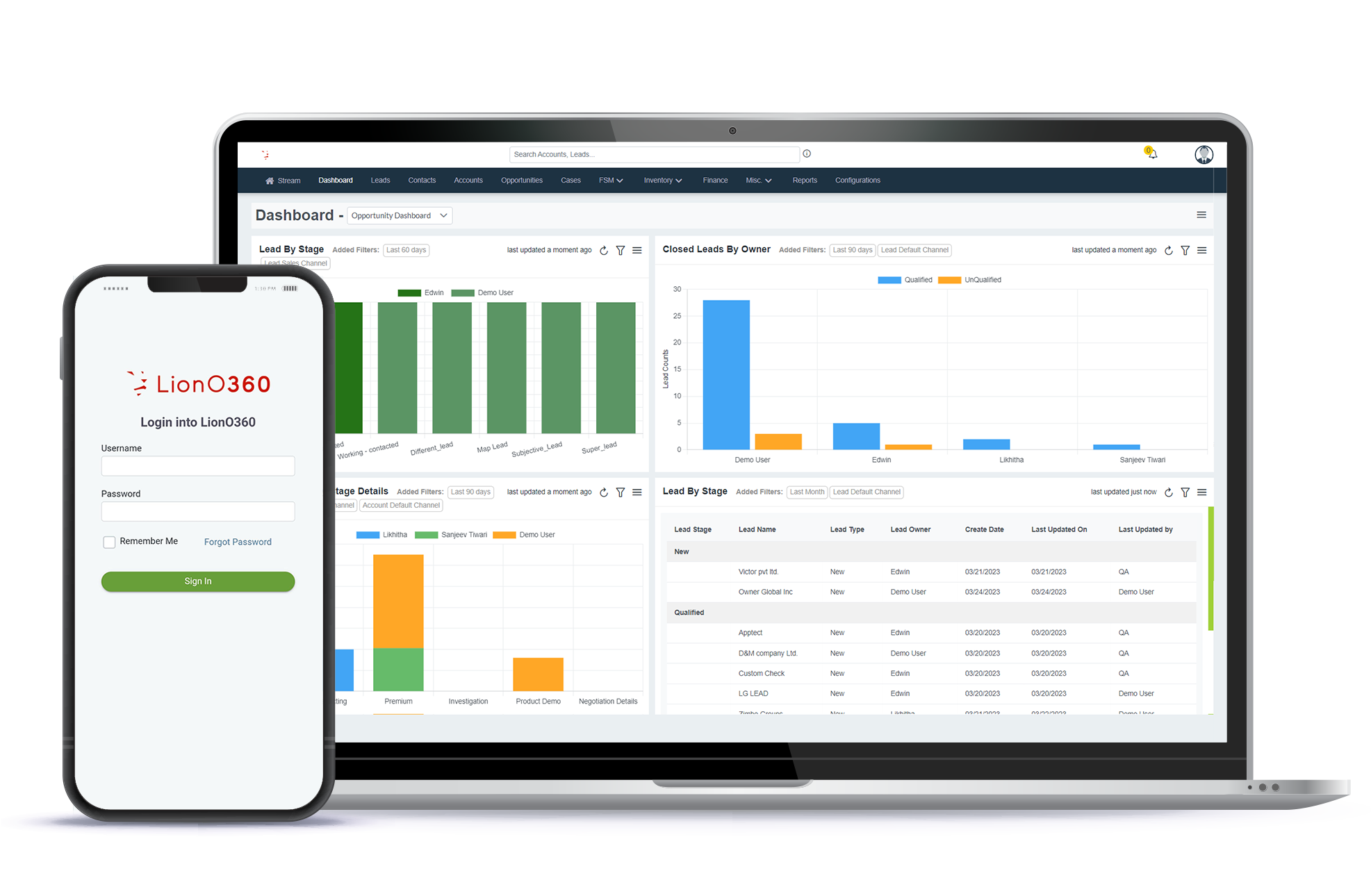
Businesses are always searching for operational efficiencies to save time, money and increase productivity in our fast-paced business world. One effective way to increase operational efficiencies is through workflow automation. Automating repeatable tasks and workflows can improve accuracy/efficiencies while eliminating human work confirming staff are focused on strategic work.
Another workflows automation important for businesses improving overall operational workflows is workflow automation in Customer Relationship Management (CRM). Workflow automations are often used to streamline operational processes, improve efficiency, and enhance customer experiences.
CRM workflow automations are automated processes through automation automating repetitive commercial business tasks in the CRM system such as follow-ups, data entry, approval with little to no human work for daily scheduling processes, etc. No human work is needed, and overall business processes will shorten time completing generic tasks.
Benefits of Workflow Automation
Let’s explore the key benefits of workflow automation and why it is an essential tool for modern businesses:
1. Increased Efficiency
Major advantages of workflow automation are the removal of manual, repetitive tasks. Tasks or processes that involve manual data entry, approval of documents, or assignment of tasks can be moved to an electronic process, allowing employees to work on much more valuable activities.
2. Increased Accuracy and Decreased Errors
It is impossible to avoid human errors in manual workflows; inaccurate data entry, missed deadlines, and overall inefficiency occurring due to human error. However, workflow automation can enforce and follow specific rules and logic in a process, thereby greatly reducing, or negating, human error.
3. Fiscal Prudence
Businesses can reduce labor costs and decrease waste resources by automating business workflow. Employees do not need to spend hours on recurring tasks. It is allowing organizations to utilize human capital in a better way.
4. Increased Employee Productivity and Satisfaction
Automation of workflow allows workers to concentrate on valuable and strategic work instead of being overwhelmed with administrative tasks. When workers are free to use their time on innovative problem-solving, strategy planning, or connecting with customers, it increases morale and job satisfaction.
5. Improved Collaboration and Communication
Most companies have difficulty with ineffective communication and slow collaboration because of siloed departments and cumbersome approval processes. Automated business processes guarantee timely notifications and approvals to the right individuals, enhancing visibility and accountability.
6. More Effective Decision-Making
Automation can enable businesses to make quicker, data-based decisions with access to up-to-date analytics and insights. Rather than relying on manual data collection and compiling spreadsheets, automated solutions facilitate reporting by publishing reports and dashboards, enabling managers to make better decisions sooner rather than later.
7. Scalability and Growth of Business
As a company expands, it becomes harder and more time-consuming to deal with manual procedures. Automation makes it possible for companies to scale up operations easily without a direct rise in administrative burden.
8. Improved Compliance and Audit Readiness
Several industries necessitate rigorous compliance with regulatory stipulations. Workflow automation in CRM assists businesses in maintaining compliance by implementing standard operating procedures, keeping records in order, and reporting in a timely manner.
9. Improved Customer Experience
Efficient and seamless workflow results in improved delivery of services and customer satisfaction. Automation ensures customer requests, queries, and orders are handled in a prompt manner, resulting in quicker response rates and enhanced customer interaction.
10. Competitive Advantage
Companies that adopt automation are more likely to achieve a competitive advantage as opposed to those companies that do not automate because they improve their efficiency, gain, and reduce costs. Companies that do not adopt automation will quickly begin to fall behind as their competitors leverage digital transformation strategies to improve productivity and customer experience.
Future of CRM Automation
The future of CRM workflow and automation is powered by emerging technologies including AI, machine learning, and the IoT more intelligent and efficient customer relationship management. Here are the details:
AI & Machine Learning
AI and machine learning will transform CRM by providing predictive analytics and intelligent automation. AI based CRM can identify customer behaviors, predict sales trends, and suggest the best follow-up-based actions for far superior conversion rates. Businesses will also be able to personalize the customer experience with machine learning and automate complex decisions.
Chatbots & Conversational AI
Chatbots and AI backed virtual assistants in workflow automation software will improve customer engagement by providing real time responses to queries, fulfilling a support call, or guiding a prospect through the sales funnel. Natural language processing (NLP) will make this experience human-like and improve customer satisfaction.
IoT & Big Data
The CRM will leverage IoT and big data analytics to generate automation that is hyper personalized. Devices that use IoT would allow wills to trigger the CRM workflows automatically based on user activity at the moment, enabling businesses to provide proactive support, or specific promotions for the customer.
No-Code & Low-Code Automation
With the growth of no-code and low-code platforms, businesses will be able to create and execute CRM workflows without extensive technical expertise. This automation democratization will provide quicker deployment and more customization of CRM solutions.
Unlock Your Team’s Potential with LionO360 CRM
In a business environment, efficiency, collaboration and customer relationships are the success factors. But lead management, sales tracking, and communication between teams without any glitches can be too much to handle without proper tools. That is where LionO360 CRM happens—a robust, comprehensive customer relationship management system built to optimize operations, increase productivity, and fuel revenue growth.

LionO360 Cloud CRM helps not only with operational efficiencies but makes for a more engaged and innovative workplace. As technology continues to advance, leaning into automation and cloud solutions will be imperative for long-term success. LionO360 Cloud CRM is a true industry disruptor for organizations looking to streamline operations, grow their client relationships, and stimulate growth. By automating repetitive and tedious tasks, enhancing collaboration, and delivering real-time reporting, LionO360 Cloud CRM helps teams reach their goals more easily and effectively.
Are you ready to automate your workflows? Go for the LionO360 free CRM demo today and experience the difference!
Frequently Asked Questions
1. What is workflow automation?
Workflow automation refers to the use of technology to automate repetitive tasks and processes within a business. This can involve automating procedures such as data entry, approvals, and task assignments, allowing employees to focus on more strategic and valuable activities.
2. How does workflow automation increase efficiency?
Workflow automation increases efficiency by eliminating manual, repetitive tasks. By moving these tasks to an electronic process, businesses can speed up operations, reduce processing times, and allow employees to concentrate on higher-value work instead of mundane administrative tasks.
3. What impact does workflow automation have on accuracy and errors?
Automation significantly reduces human error associated with manual workflows. By enforcing specific rules and logic, automated systems can ensure data accuracy, timely task completion, and adherence to deadlines, thereby decreasing the likelihood of mistakes in business processes.
4. How does workflow automation improve employee productivity and satisfaction?
By automating routine tasks, employees are freed from administrative burdens and can focus on more strategic work, such as innovation and customer engagement. This not only boosts productivity but also enhances job satisfaction, as employees feel more fulfilled and valued in their roles.
5. Why is workflow automation important for customer experience?
Workflow automation enhances customer experience by ensuring that requests, queries, and orders are processed quickly and efficiently. This leads to faster response times, improved service delivery, and overall higher levels of customer satisfaction, which are crucial for maintaining a competitive edge in today’s business environment.







